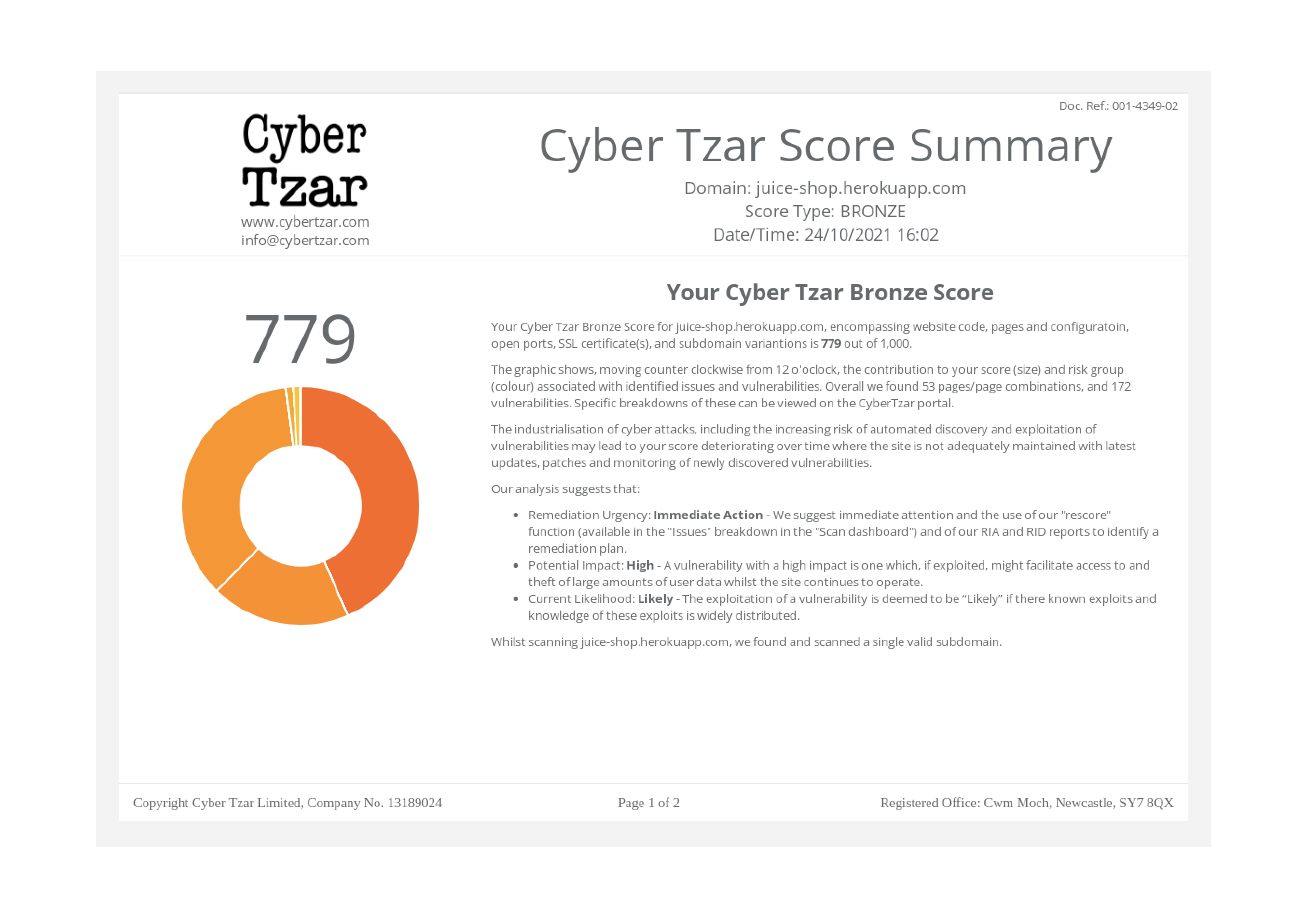All Articles
Ordered by Date Published
: Year: "2020"
Month: "02"
Day: "03"
Hour: "10"
Page:
1 (of 0)
Total Articles in this collection: 8
Navigation Help at the bottom of the page
Article: Getting DNS Client Cached Entries with CIM/WMI - published over 5 years ago.
Content: What is DNS CacheThe DNS cache maintains a database of recent DNS resolution in memory. This allows for faster resolution of hosts that have been queried in the recent past. To keep this cache fresh and reduce the chance of stale records the time of items in the cache is of 1 day on Windows clients. The DNS Client service in Windows is the one that manages t...
https://www.darkoperator.com/blog/2020/1/14/getting-dns-client-cached-entries-with-cimwmi
Published: 2020 02 03 10:00:00
Received: 2023 12 06 08:02:19
Feed: Blog
Source: Blog
Category: Cyber Security
Topic: Cyber Security
Content: What is DNS CacheThe DNS cache maintains a database of recent DNS resolution in memory. This allows for faster resolution of hosts that have been queried in the recent past. To keep this cache fresh and reduce the chance of stale records the time of items in the cache is of 1 day on Windows clients. The DNS Client service in Windows is the one that manages t...
https://www.darkoperator.com/blog/2020/1/14/getting-dns-client-cached-entries-with-cimwmi
Published: 2020 02 03 10:00:00
Received: 2023 12 06 08:02:19
Feed: Blog
Source: Blog
Category: Cyber Security
Topic: Cyber Security
|
Article: Getting DNS Client Cached Entries with CIM/WMI - published over 5 years ago. Content: What is DNS CacheThe DNS cache maintains a database of recent DNS resolution in memory. This allows for faster resolution of hosts that have been queried in the recent past. To keep this cache fresh and reduce the chance of stale records the time of items in the cache is of 1 day on Windows clients. The DNS Client service in Windows is the one that manages t... https://www.darkoperator.com/blog/2020/1/14/getting-dns-client-cached-entries-with-cimwmi Published: 2020 02 03 10:00:00 Received: 2023 12 06 08:02:19 Feed: Blog Source: Blog Category: Cyber Security Topic: Cyber Security |
All Articles
Ordered by Date Published
: Year: "2020"
Month: "02"
Day: "03"
Hour: "10"
Page:
1 (of 0)
Total Articles in this collection: 8
- "All Articles" links back to the front page, effectivly the Planet "Home Page"; shows all articles, with no selections, or groupings.
- Default date ordering is by "Received Date" (due to not all RSS feeds having a "Published Date").
- Only Published Date selections use the articles Published Date.
- The first page always shows fifty items plus from zero to up to a remaining forty-nine items, before they are commited permently to the next page.
- All subsequent pages show fifty items.
- Pagination is in reverse ordering (so that pages are permamenent links, aka "permalinks", to their content).
- "<<" moves you to the first page (aka newest articles)
- ">>" moves you to the last page (aka oldest articles)
- "<" moves you to the previous page (aka newer articles)
- ">" moves you to the next page (aka older articles)
- Return to the top of this page Go Now

